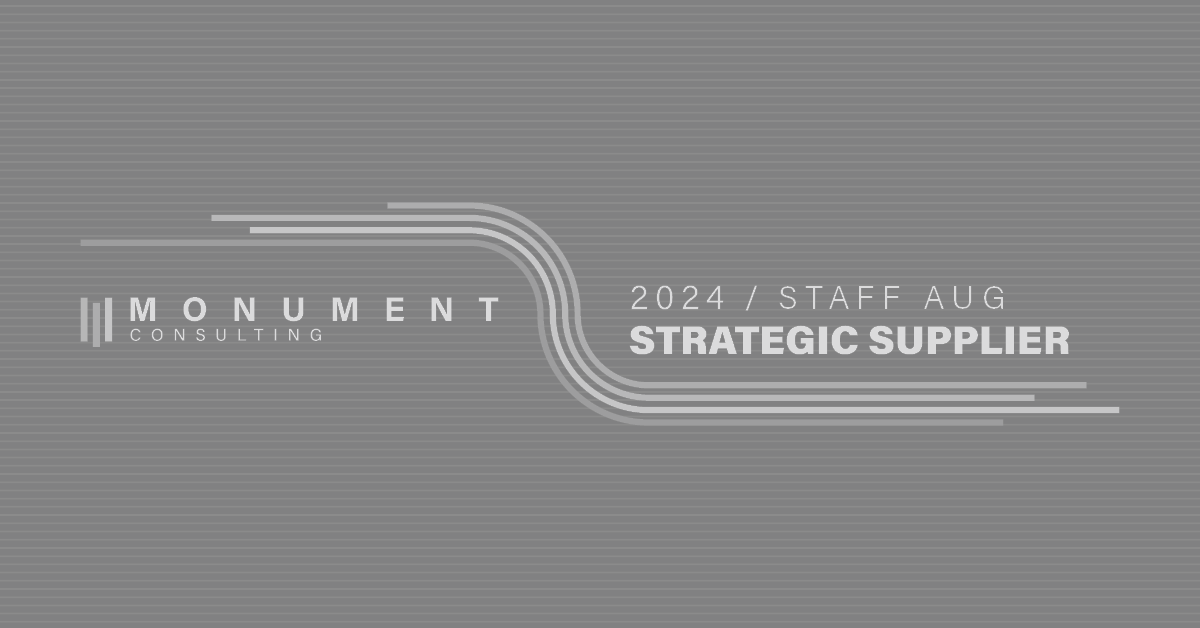Above and beyond all else, lousy management is what makes your employees start looking for new job opportunities. Yes, it’s true that money, support (or lack thereof), and remote/hybrid/flex work opportunities are also triggers for employees to take a call, email, or LinkedIn message from, or worse, proactively reach out to a recruiter. However, poor managers are the biggest factor to drive employees to the exits. How do we know this? We are a technical and creative staffing company, and it is the top reason many of our candidates indicate for looking at other opportunities.
Over time, ongoing poor management will result in an overarching negative or toxic work environment that sends employees to look for greener grass. Unfortunately, too many managers, and the companies they work for, still have not acknowledged this, or refuse to address this fact despite the record candidate movement also referred to now as “The Great Resignation”. Those that don’t act and adapt will continue to bleed talent to their competitors.
I will note one overarching caveat to the statement above; It’s important to acknowledge that in some cases, no matter how good of a manager you are, the larger forces of a toxic corporate culture or rigid policies, or agendas may be insurmountable no matter how good of a manager you are or become. For example, if your company has not embraced and formulated either a remote work, hybrid-work, or flexible work model they are putting you and your team at an immediate disadvantage. In PRO Unlimited’s November 2021 Labor Market report, 96% of workers making $65 per hour preferred remote work. 96%!!!
Of course, some job functions require employees to physically be on site to perform their work but that is not the worker population I’m referring to. Software developers, system administrators, UI/UX designers, product managers, the list goes on and on but includes pretty much any job function where you don’t have to be in contact with the product or service you are delivering to be performed remotely. I can already hear the counter- arguments; “I have to see my employees to manage them!” Bah!! That argument is tired and a cop out! How many managers fail to manage (provide direction, guidance, inspiration, feedback, coaching, teaching) regardless of whether the employee is 3 feet or 3,000 feet from them? With the onslaught of evolving technology and video conferencing software, managing employees remotely has never been easier.
So how should you respond? The answer is simple, but it takes effort. Become a better manager yourself or provide the resources for your management teams to develop leadership skills. Too often top individual contributors are promoted into management because they are good at their jobs, not because they have the aptitude, potential or even in some cases the interest to truly manage others. Just like writing code or designing graphics are skills, so too is managing humans and it’s not necessarily for everyone. The remote work proverbial train has left the station, and it is not coming back. This movement is your opportunity to become a better manager and defend against the Great Resignation!
Some questions to ask yourself as a manager of remote employees.
How often do you regularly interact with your employee and how?
I will refer to my earlier comment about paying attention to your people, whether they are 3 feet or 3,000 feet from you. As a manager, you are the source of so many things for your team: information, inspiration, guidance, coaching, expectations, encouragement. Slack, Teams, and email are wonderful but a 1:1 phone or video call to check in on a regular cadence or impromptu, as needed, goes a long, long way. Do you ask the team how they are feeling and via polls or tools like Sense to take a broader pulse of mood and morale? Talk to your people, they want to connect with you! And yes, without question, there is no substitute for in person and team meetings which, dependent on your company, remote policies should always be in play.
Do your employees goals map to larger team and company goals?
Job specific, individual KPI’s, quotas and goals are important, but not the end all be all. In support of your culture building, it’s crucial to set personal development goals that are mapped to the overall department or company goals. Make sure your employees know what their individual contributions mean to the success of the team and the overall company objectives. Whether your employee is part of a 10, 100, or 10,000-person company, your employees’, (remember they are humans), inherently want to contribute and be a part of something bigger than themselves.
Do you work to make your employees jobs easier?
What? Work should be hard right? Yes, sometimes work is hard but are you looking for opportunities to provide training or continuing education to your employees to help develop their skills, their craft, and support their long-term career objectives so they can become experts at what they do? Do you look at technology investments or process improvements through the eyes of your employees to put more time back in their day or become more productive?
Do you reward and recognize your employees?
Rewards and recognition against quantifiable metrics are important and expected by most employees. Do you also reward and highlight for actions that support your culture; supporting or collaborating with a fellow teammate, going above and beyond to assist a client, representing the company and the team in community volunteering or charity. This can be achieved via “story telling” in all hand’s meetings or through peer-to-peer employee recognition tools like Bonusly. Again, your employees are human, they want to be part of something bigger to be proud of and inspired or motivated by their fellow employees.
Do you build, promote, and contribute to your unique team culture – everyday?
Culture is one of the most overused corporate-speak words. It’s easy to say the words, to put it on a PowerPoint, social media post or website. But the reality is that building and maintaining culture takes constant vigilance and action to sustain and grow. Companies and teams are organic, constantly changing groups of people who all come to the workplace with agendas that are not always aligned. People are messy and unpredictable, they have real problems, fears, motivations, let alone personalities, that make them wonderfully unique but also unpredictable even volatile at times. Some of the most positive company culture exist in incredibly demanding industries with high performance expectations and hard driving employees but are also environments where employees find enjoyment in the work, their teammates who they know they are working together on similar bigger goals, that work-life balance is rewarded. – create, embrace, and promote culture and work life balance.
Some of the tactics outlined above may be applied slightly different in a remote work environment than in an on-premise setting but they work and are relevant for any manager looking to become a more effective.













